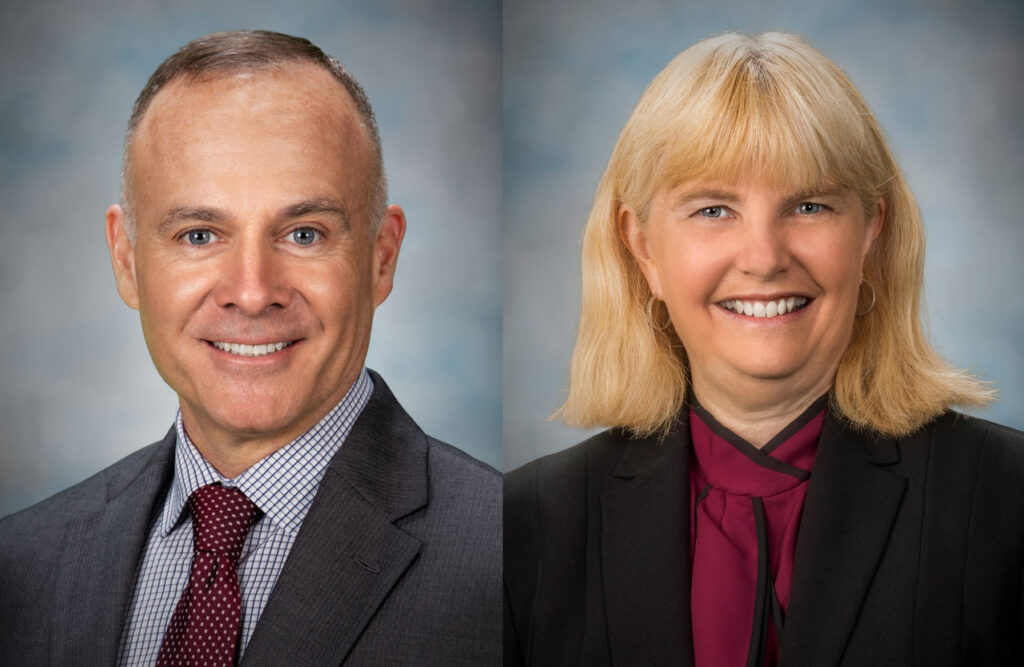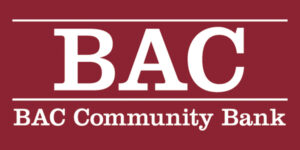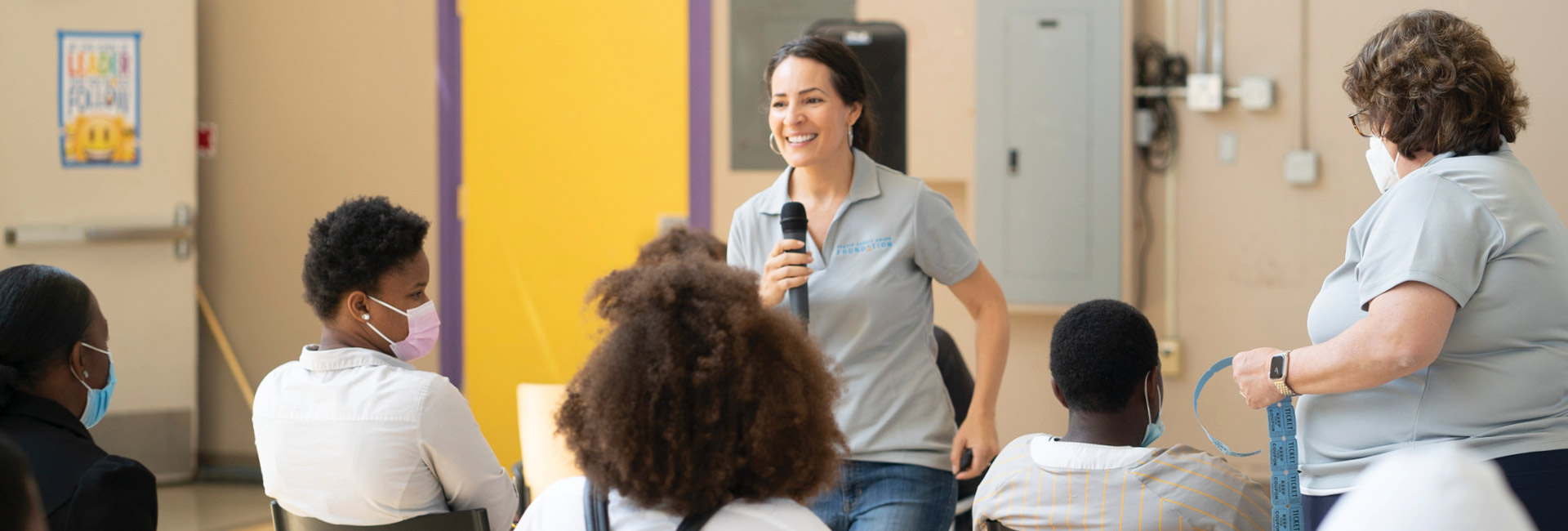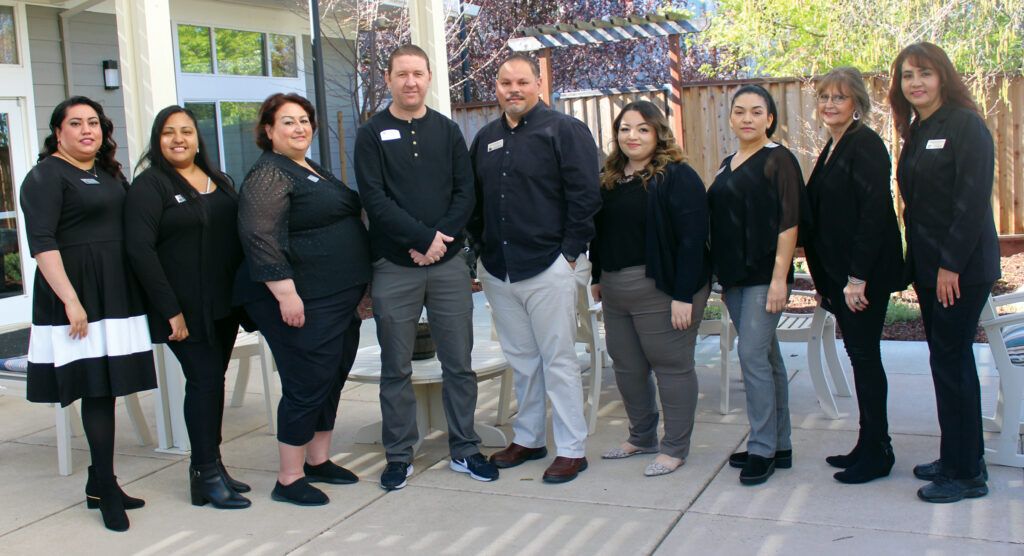Peter Brown joins as Chief Credit Officer, Janet Jenkins promoted to Chief Innovation Officer
By Josef Britschgi, Marketing & Communication Administrator, BAC Community Bank
 BAC Community Bank has announced the addition of Peter Brown, as the company’s new Chief Credit Officer, and the promotion of company veteran Janet Jenkins to Chief Innovation Officer.
BAC Community Bank has announced the addition of Peter Brown, as the company’s new Chief Credit Officer, and the promotion of company veteran Janet Jenkins to Chief Innovation Officer.
A proven professional with more than 20 years of commercial lending experience, Brown brings a deep understanding of relationship banking, credit administration, and portfolio management to his new role at BAC Community Bank. Following his work in middle-market commercial leasing at AT&T Capital Leasing, Brown progressively advanced his knowledge and career serving in various lending roles at community banks. Brown served as a commercial loan officer for Oak Valley Community Bank, where he advanced to the role of credit administrator. He is a 2016 graduate of the Pacific Coast Banking School.
Jenkins previously served as the Chief Credit Officer at BAC Community Bank and maintains the status of the longest tenured employee of the bank approaching her 40-year work anniversary later this year. During that time the bank has weathered many challenging economic conditions while remaining independent and highly rated for its loan quality and overall banking services. Despite past and present market volatility, the bank continues to explore and adopt emerging technologies to improve efficiencies and customer experience. Jenkins has served on various innovation committees throughout the bank and has directly overseen the implementation of many such projects within the bank’s lending department. Some of these projects include the digitization of documents, adoption of electronic signatures, implementation of workflow systems, online mortgage loan applications, and various system automation initiatives. These experiences have prepared Jenkins well for her new role at the bank. She is a graduate of the University of the Pacific and Pacific Coast Banking School.
This announcement demonstrates the bank’s continued focus on loan growth and further adoption of cutting-edge technologies to best meet the needs of the customers and communities it serves. Identifying products and solutions before customers may realize the need is a unique challenge that the bank has mastered over the years. For example, before the introduction of the internet, BAC Community Bank deployed online banking software ahead of much larger banks. Pioneering such innovative solutions is the result of constant evaluation of opportunities for improvement led by the executive team who solicits recommendations from staff and customers alike.
“We are excited for both Peter and Janet,” said Dana Bockstahler, CEO of BAC Community Bank. “These enhancements to our executive team should serve our customers and communities well, reinforcing our commitment to strengthen the financial health of the communities we serve by connecting people to extraordinary financial services.”
About BAC Community Bank
BAC Community Bank is California’s 10th oldest state-chartered bank. Established in 1965, BAC operates branch offices throughout San Joaquin, Stanislaus, and Contra Costa counties including in Antioch, Brentwood, Concord and Discovery Bay, and is identified as “one of the strongest financial institutions in the nation” by BauerFinancial, Inc.
The bank is centrally headquartered in Stockton, California, and is continuously recognized for banking excellence through local awards and banking industry accolades.
BAC Community Bank is an Equal Housing Lender and Equal Opportunity Employer. Member FDIC. More information is available online at www.bankbac.com.















